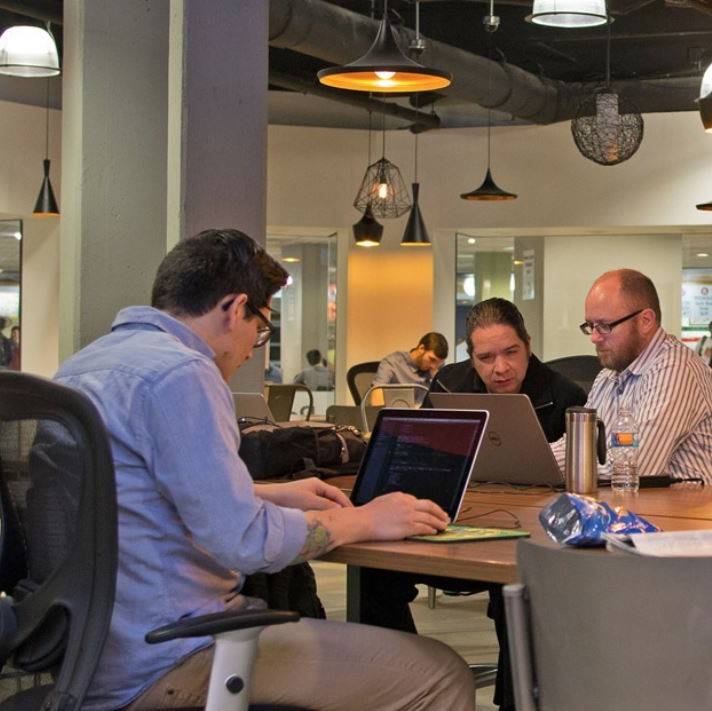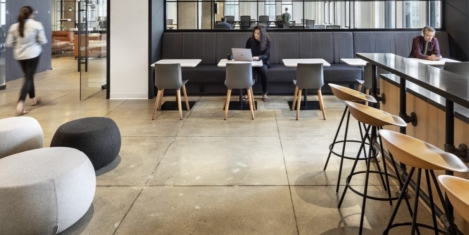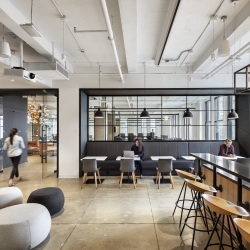December 5, 2022
Millions now able to request flexible working on day one of employment
 Millions of employees will be able to request flexible working from day one of their employment, under new government plans to make flexible working the default. Flexible working doesn’t just mean a combination of working from home and in the office – it can mean employees making use of job-sharing, flexitime, and working compressed, annualised, or staggered hours. The raft of new measures will give employees greater access to flexibility over where, when, and how they work, leading to happier, more productive staff. Flexible working has been found to help employees balance their work and home life, especially supporting those who have commitments or responsibilities such as caring for children or vulnerable people. (more…)
Millions of employees will be able to request flexible working from day one of their employment, under new government plans to make flexible working the default. Flexible working doesn’t just mean a combination of working from home and in the office – it can mean employees making use of job-sharing, flexitime, and working compressed, annualised, or staggered hours. The raft of new measures will give employees greater access to flexibility over where, when, and how they work, leading to happier, more productive staff. Flexible working has been found to help employees balance their work and home life, especially supporting those who have commitments or responsibilities such as caring for children or vulnerable people. (more…)



































